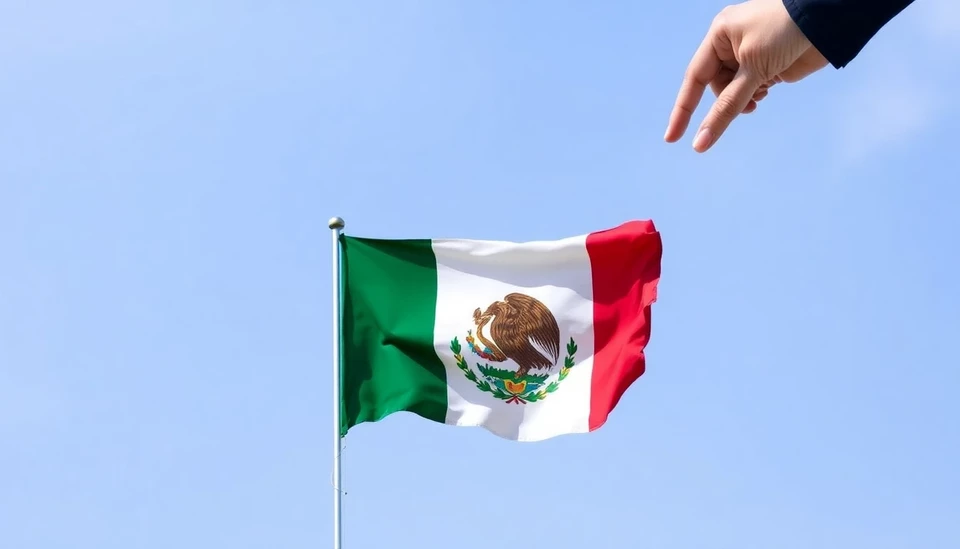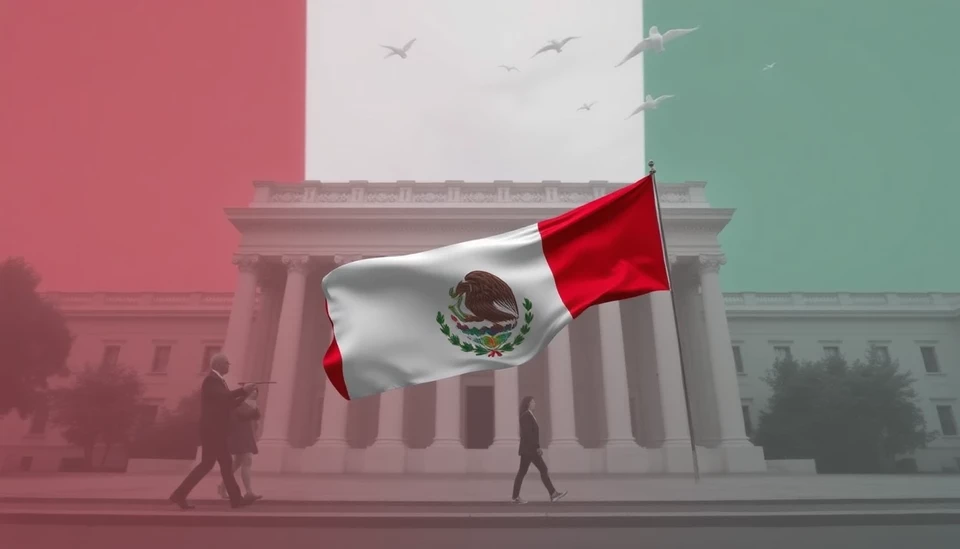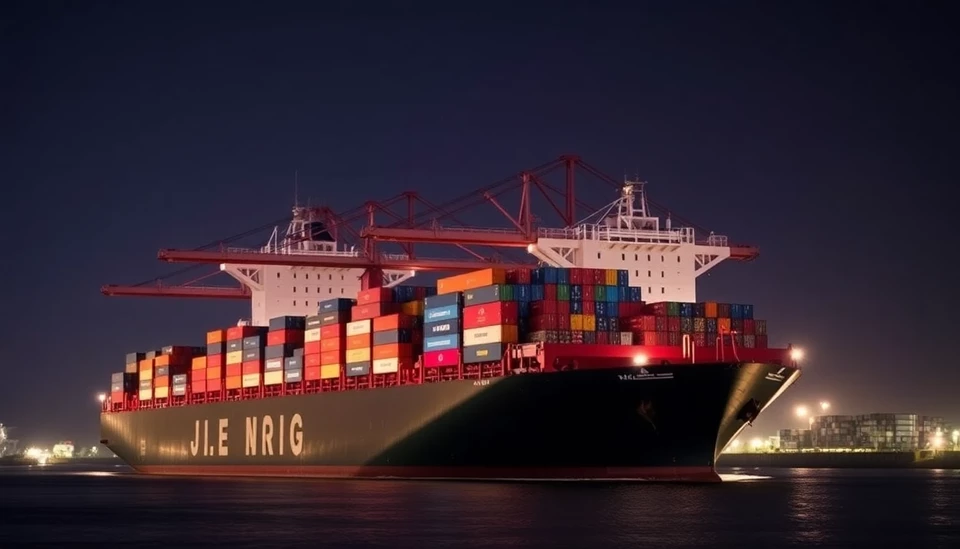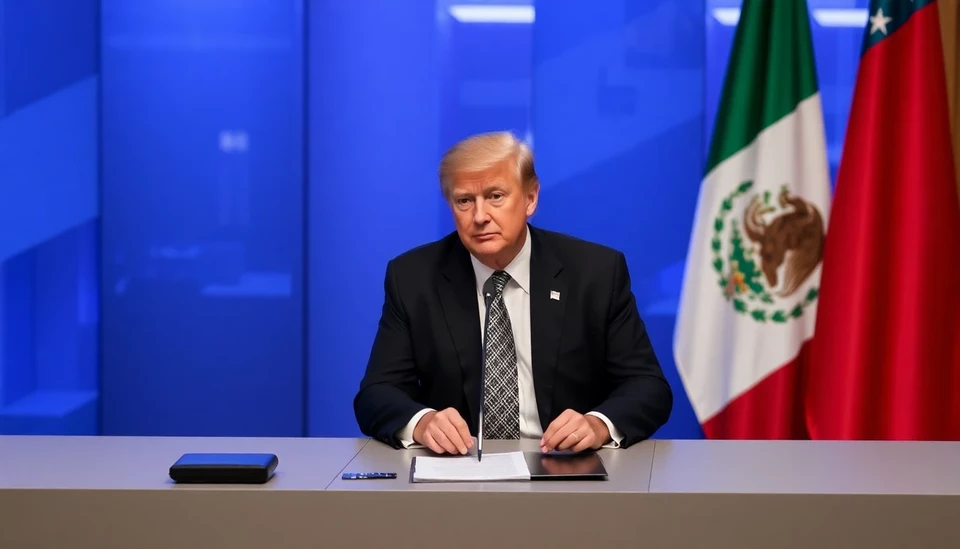
In a surprising turn of events, Mexico is contemplating the introduction of tariffs on Chinese imports as part of a broader strategy to re-engage with former President Donald Trump. The country’s government is exploring this possibility amid ongoing discussions to revive and strengthen ties with the Trump administration, particularly regarding trade and economic policies.
This exploration comes in the wake of heightened tensions between the U.S. and China, coupled with Trump’s continued influence in American politics. Mexican officials believe that suggesting tariffs on Chinese goods might appeal to Trump’s longstanding focus on reducing foreign competition and supporting domestic industries, effectively creating a more favorable environment for negotiations.
Reports indicate that the Mexican government is analyzing the potential impacts of such tariffs, considering factors such as economic repercussions, job creation, and the long-term effects on bilateral trade with the U.S. Officials are mindful that while imposing tariffs on China could provide leverage in discussions with Trump, it could also strain relations with other trading partners and impact local consumers who rely on affordable imports.
This urgency in reconsidering economic strategies stems from the anticipated influence Trump may wield if he decides to run for president again in the 2024 elections. His “America First” agenda highlighted the need for U.S. neighboring countries to align their economic policies with U.S. interests, particularly concerning trade agreements and tariffs.
The Mexican administration seems keen on presenting a united front and a proactive stance in negotiations, eager to secure favorable terms that could bolster its economy, especially in sectors vulnerable to outside competition. Engaging with Trump through tangible moves, such as tariffs, may be seen as a way to cultivate goodwill and reciprocity in future dealings.
This development underscores the complexities surrounding international trade relationships, where political considerations often intertwine with economic decisions. Mexico's potential move to implement tariffs could redefine the current dynamics with both the U.S. and China, showcasing the delicate balance countries must maintain in a rapidly evolving global landscape.
As Mexico navigates these discussions, it will be crucial to monitor the responses from both Washington and Beijing, as well as the domestic implications of such policies. This maneuver highlights the intricate web of international relations, where strategies evolve in response to shifting political climates, necessitating careful consideration of both short-term gains and long-term consequences.
In conclusion, the coming weeks will be critical for Mexico as it evaluates its options and the potential repercussions of suggesting tariffs on Chinese imports. Will this strategy serve as a bridge to mend relations with Trump, or will it complicate matters further? The answers to these questions remain closely watched by global analysts and trade experts alike.
#Mexico #Trump #China #Tariffs #TradeNegotiations #GlobalEconomy #InternationalRelations
Author: Laura Mitchell




